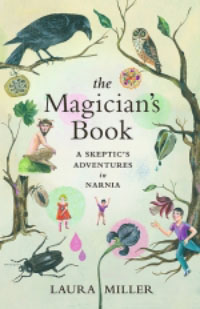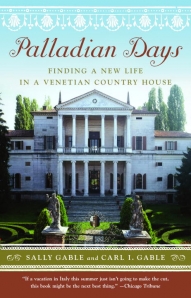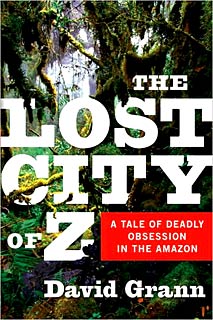This review contains affiliate links, which earn me a small commission when you click and purchase, at no extra cost to you. Thank you for supporting my small business and allowing me to continue providing you a reliable resource for clean book ratings.
Laura Miller absolutely adored C.S. Lewis’s Chronicles of Narnia series as a child. She read them over and over, enthralled in the fantastical world Lewis created. When she grew older, however, and found out the Christian elements in the books, she was disenchanted. She had decided that religion was not for her, particularly the Catholicism she was exposed to as a child. So the Christianity Lewis espoused and wrote into his books disappointed her.
As she revisited the books later in life, thanks to her work as a book reviewer and essayist, Miller decided to look into just how the books impacted her and why they enthralled her so. Her The Magician’s Book elaborates further on the essay she began.
Miller delves into the life of C.S. Lewis, his passions and work, and the influences and experiences he brought to his writing. Rather than focusing specifically on the Christian nature of the novels and Lewis’s beliefs, she discusses Lewis’s own enchantment with the fantastical (what he called during his time “fairy stories”), myths, literary and British history, and the complex childhood games he created with his brother. She explores his friendships with J.R.R. Tolkien and others with whom he could enjoy discussions of the passions they shared about the Middle Ages and Nordic mythology, in particular.
As a Christian myself, I have no problem with the religious aspects of the Narnia books, but I was fascinated by the more complex layers inherent in the books because of Lewis’s interests. I learned a great deal about Lewis’s life and loves and his personality, more than the usual information about his well-known literary criticism and Christian apologetics.
Miller not only describes her own experiences with the Chronicles, but also invites discussion from authors today, such as Neil Gaiman, Philip Pullman, and Jonathan Franzen, who also were drawn in so powerfully as children. She includes their perspectives beside her own. The result is much like a roundtable of authors and thinkers who are able to bring interesting opinions and backgrounds to bear.
The book is a thought-provoking, educating experience. It is well worth reading. Its only drawback is its intellectualism and complexity of ideas. It is highly valuable and stimulating reading, but it takes a real investment of time and energy of thought and focus. It is not a book to be whipped through, but savored in small portions. Miller has collected and presented a compelling book-length essay on Narnia, well worth the time for those who loved it as she did.
Rated: Mild, for just a few uses of mild language and some mild references to sexual behaviors and mores.
Click here to purchase your copy of The Magician’s Book on Amazon.




